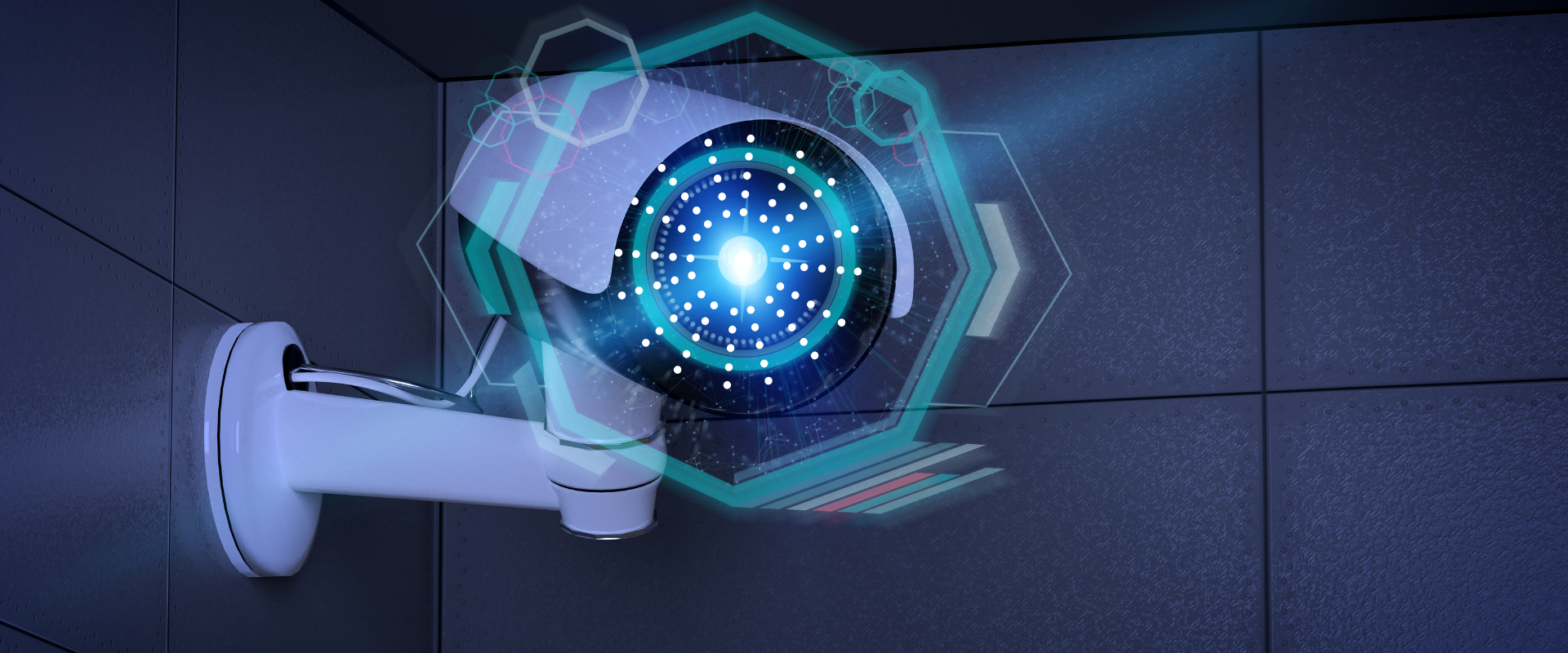EDR vs. MDR vs. XDR: Breaking Down the Differences and Benefits
In the fast-paced world of cybersecurity, there’s an alphabet soup of terms that can confuse even the most tech-savvy among us.
Today, we’ll demystify three key acronyms: EDR (Endpoint Detection and Response), MDR (Managed Detection and Response), and XDR (Extended Detection and Response). Let’s explore these concepts, their unique use cases, and the benefits they bring to your business.
EDR (Endpoint Detection and Response)
Think of EDR as a security guard for your computer. It monitors and analyzes the ‘endpoints,’ or devices like laptops and smartphones, to detect suspicious activities.
Use Cases
• Individual Device Protection: Ideal for businesses that want to protect specific devices.
• Threat Analysis: Helps understand and analyze potential threats.
Benefits
• Real-Time Monitoring: Keeps a continuous eye on devices.
• Automated Response: Acts quickly if something unusual happens.
MDR (Managed Detection and Response)
MDR is like having a team of security experts on call. They not only watch over your devices but also manage and respond to any security incidents, so you don’t have to worry about it.
Use Cases
• Small to Mid-Sized Businesses: Outsourcing security to experts.
• Comprehensive Security Management: Handling everything from detection to response.
Benefits
• Expert Intervention: Professionals handle security incidents.
• 24/7 Monitoring: Around-the-clock protection for peace of mind.
XDR (Extended Detection and Response)
XDR is the all-in-one package, combining aspects of both EDR and MDR, but on a larger scale. It monitors not just endpoints but the entire network, offering a more holistic view of your security.
Use Cases
• Large Enterprises: Managing complex security environments.
• Integrated Security Approach: Connecting various security tools for unified protection.
Benefits
• Broader Protection: Guards the entire network.
• Enhanced Visibility: Helps you see the big picture of your security landscape.
Conclusion: Choosing Between EDR, MDR, and XDR
• Go with EDR if you need focused protection on individual devices.
• Opt for MDR if you want a team of experts handling your security.
• Choose XDR if you’re looking for an all-encompassing solution that covers every base.
Understanding the differences between EDR, MDR, and XDR can help you make an informed decision about your cybersecurity needs. Each brings unique benefits, tailored to different use cases and business sizes.
Are you ready to elevate your cybersecurity strategy? Contact our experts today to find the perfect solution for your business.

